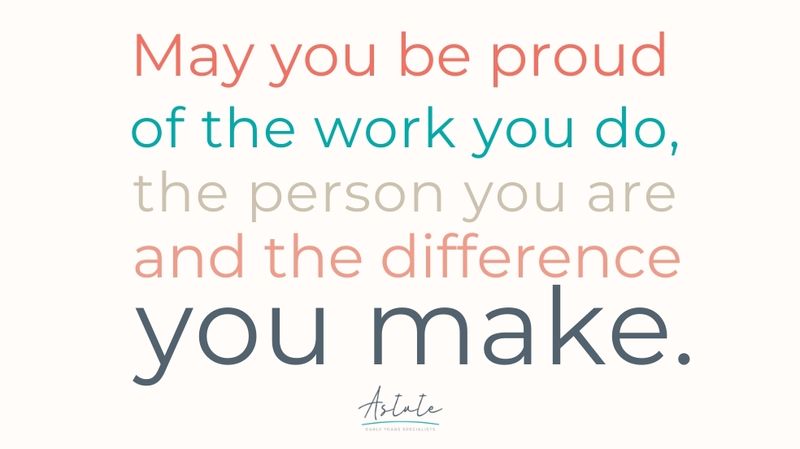
.
Team culture is a combination of the values, behaviors, customs, and social norms that shape the way a team interacts and works together. A positive team culture is crucial in early childhood education and care. It can not only boost overall success for the entire team and service, but also helps to create an environment where children feel safe and happy leading to positive outcomes.
Under the National Quality Standards (NQF) which sets a high national benchmark for early childhood education and care and outside school hours care services in Australia, Quality Area 7 – Governance and leadership’s aim is to support effective leadership and management of the service that contributes to quality environments for children’s learning and development.
Here are seven aspects of excellent team culture to consider:
Communication
One key aspect of good team culture is clear communication. Team members should feel comfortable sharing their thoughts and ideas, and there should be open channels of communication both among team members, as well as between team members and management.
Trust
Another important aspect is trust. Team members should be able to trust one another and trust that their contributions are valued. This can be fostered through transparency, honesty, and open communication.
Inclusion & Diversity
Inclusion and diversity are also vital to good team culture. A team made up of individuals with different backgrounds, perspectives, and experiences can lead to more creative and innovative solutions.
Community
Fostering a sense of belonging and community among team members can also be beneficial. This can be done through team-building activities, regular team meetings, and opportunities for social interaction.
Continuous Learning
Encouraging a growth mindset and continuous learning is also important for good team culture. Team members should feel that they have opportunities to learn and develop new skills and that their contributions are recognized and valued.
Effective Leadership
Leadership plays a crucial role in shaping team culture. A good leader should set a positive example, create a clear vision and goals for the team, and foster an environment of trust and respect.
Work-Life Balance
In addition, good team culture should also emphasize the importance of work-life balance and the well-being of team members. This can include offering flexible work arrangements, providing resources for mental and physical health, and promoting a culture of respect and understanding.

An excellent team culture is the result of clear communication, trust, inclusion, a sense of belonging, continuous learning, strong leadership and promoting work-life balance and well-being of team members. A positive team culture leads to better outcomes for children.
When team members cooperate, support and respect each other, it helps the entire team of educators achieve common goals. Together they create a place that is safe, nurturing and fun for everyone.
